Sudan’s journalists ‘fair game’ – media under siege amid ongoing conflict
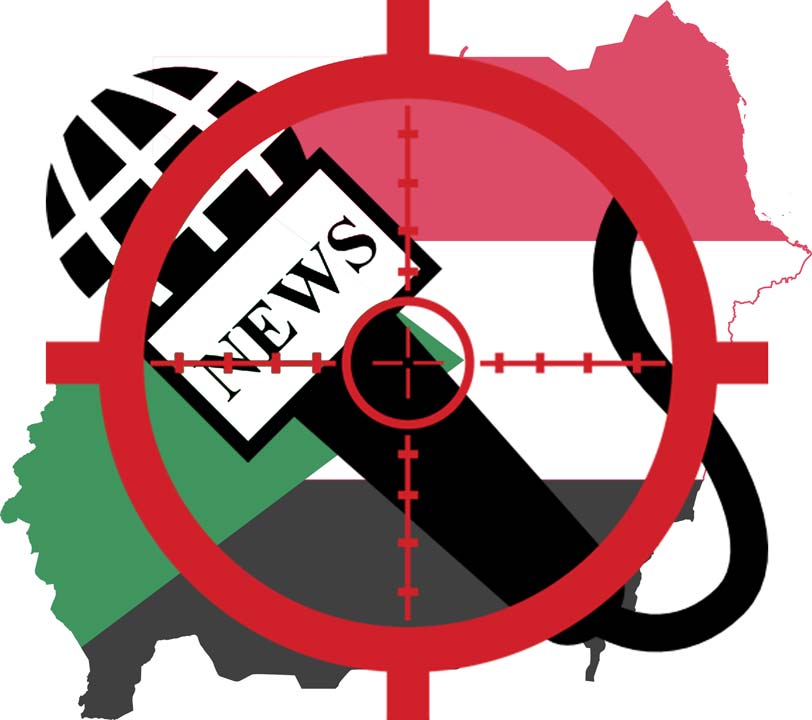
Graphic: RD
By Kamal El Sadig, Editor in Chief, Radio Dabanga
The war in Sudan is not just a conflict of arms, but a battle for truth. The silencing of the pen is a tragedy for the Sudanese people and a threat to democracy everywhere. We must stand together to ensure that the voices of Sudanese journalists are not silenced.
As the world marks the UN-declared International Day to End Impunity for Crimes against Journalists (IDEI)* today, and the UNESCO Observatory of Killed Journalists lists 84 journalists killed worldwide this year alone, the statistics for Sudan are disproportionately grim.
Before the outbreak of the current hostilities, there were about 3,000 journalists operating in Sudan, but at least 2,000 have now fled to neighbouring countries out of fear for their very lives.
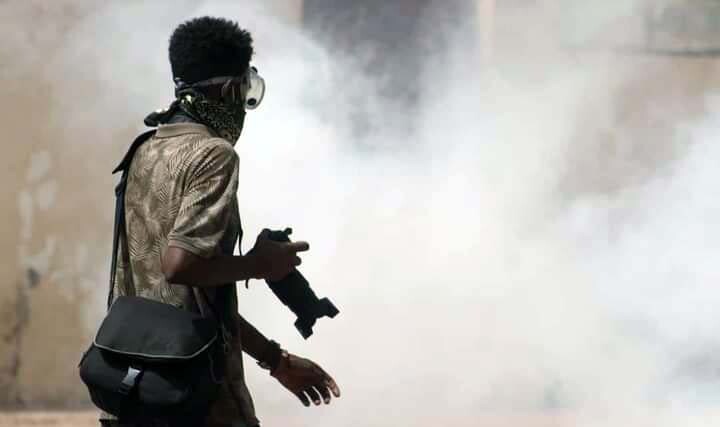
At least 32 journalists have been killed since the beginning of the war according to the Sudanese Journalists Syndicate, while seven journalists are known to be in detention – five are being held by the paramilitary Rapid Support Forces (RSF), who control most of Darfur, while two more have been detailed by the Security and Intelligence Service of the military government. At least eight media professionls are ‘missing’, while renewed reports of violations flow in from Darfur, includig the rape of women journalists. Assassinations and detentions have been accompanied by systematic distortion campaigns and withholding of information. Abuses are no longer limited to journalists but now also include anyone suspected of cooperating with them.
The Sudanese Journalists Syndicate has recorded 110 violations in just one year, and since the outbreak of the conflict in April 2023, journalists and media outlets have been subjected to more than 500 violations.
This all occurs with impunity, which makes journalists and media professionals ‘fair game’ to be targeted by both sides. The ongoing conflict has had a devastating impact on the country’s press and media landscape, shattering what was left of its independent press, already weakened by 30 years of oppressive rule. We need to support Sudanese journalists and media organisations in their struggle to report the truth, and to pressure all sides in the conflict to respect the safety and freedom of journalists.
Deadly silence
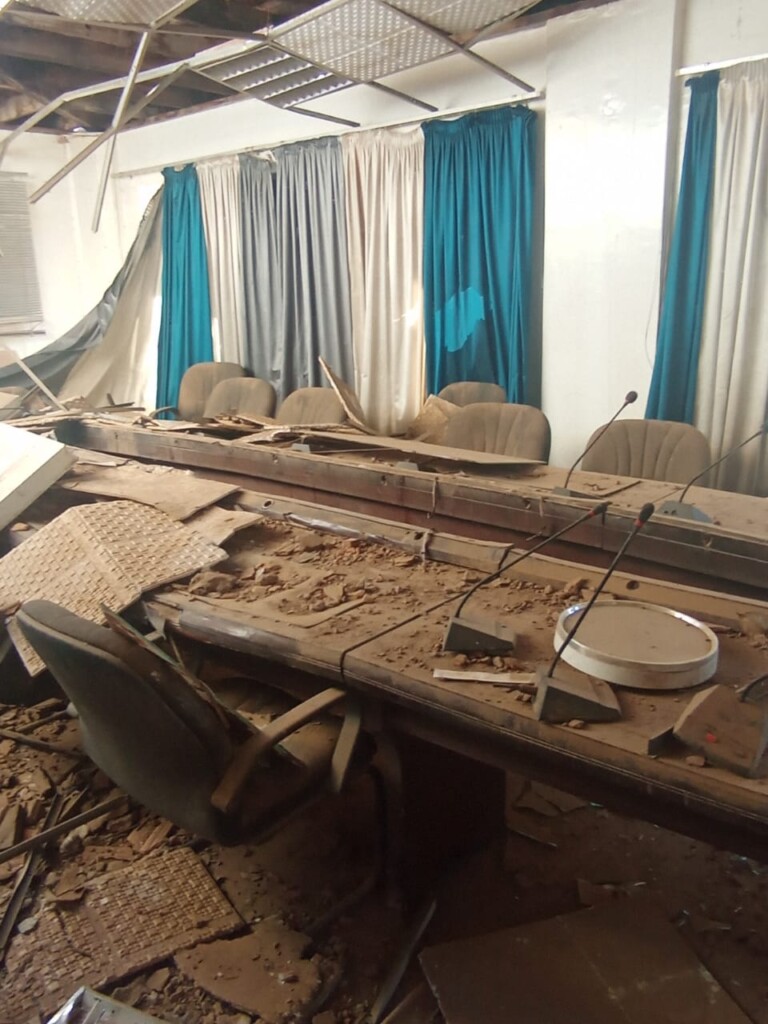
Sudanese media institutions have sunk into a deadly silence. More than 90% of these institutions have stopped working, leaving the Sudanese people in complete information darkness, at a time when access to independent news and information is particularly crucial. Millions of displaced people in conflict and marginalised areas, as well as Sudanese refugees in neighbouring countries, rely on Radio Dabanga’s daily shortwave and satellite broadcasts for reliable, independent news. Across Sudan, internet and mobile phone access is curtailed, controlled, unreliable, and intermittent, especially in those marginalised areas and communities.
Of the 22 local radio stations that operated in Sudan, only two remain operating in a limited scope, broadcasting biased discourse that serves the interests of one party over the other.
War of misinformation
Beyond the direct violence, a war of misinformation rages, deepening the crisis. In the absence of reliable reporting, rumours and fake news spread, each side vying for control of the narrative. The Sudanese people, in dire need of accurate information to protect themselves and their families, are left in the dark.
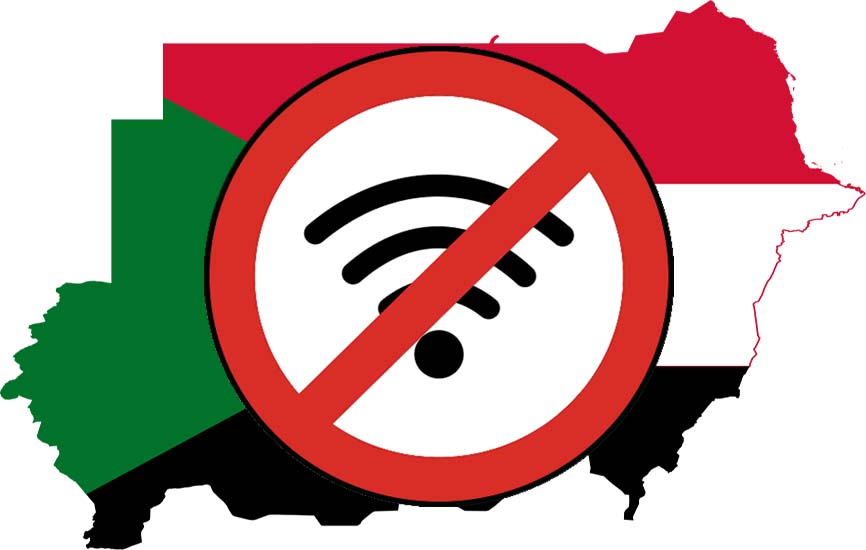
Article 19 of the Universal Declaration of Human Rights states that everyone has the right “to seek, receive and impart information and ideas through any media and regardless of frontiers”. Free and unrestricted media are essential for this right to access to information, yet year-on-year, Sudan continues to languish at the bottom of the annual Reporters Without Borders Press Freedom Index, at 149th of 180 countries surveyed in 2024.
We need to end impunity for crimes against journalists, in Sudan and around the world, and allow independent media to provide the life-saving information that allows people to make informed decisions.
*The United Nations General Assembly adopted Resolution A/RES/68/163 at its 68th session in 2013,in recognition of the far-reaching consequences of impunity, especially of crimes against journalists, which proclaimed 2 November as the ‘International Day to End Impunity for Crimes against Journalists‘ (IDEI). The Resolution urged Member States to implement definite measures countering the present culture of impunity. The date was chosen in commemoration of the assassination of two French journalists in Mali on 2 November 2013.
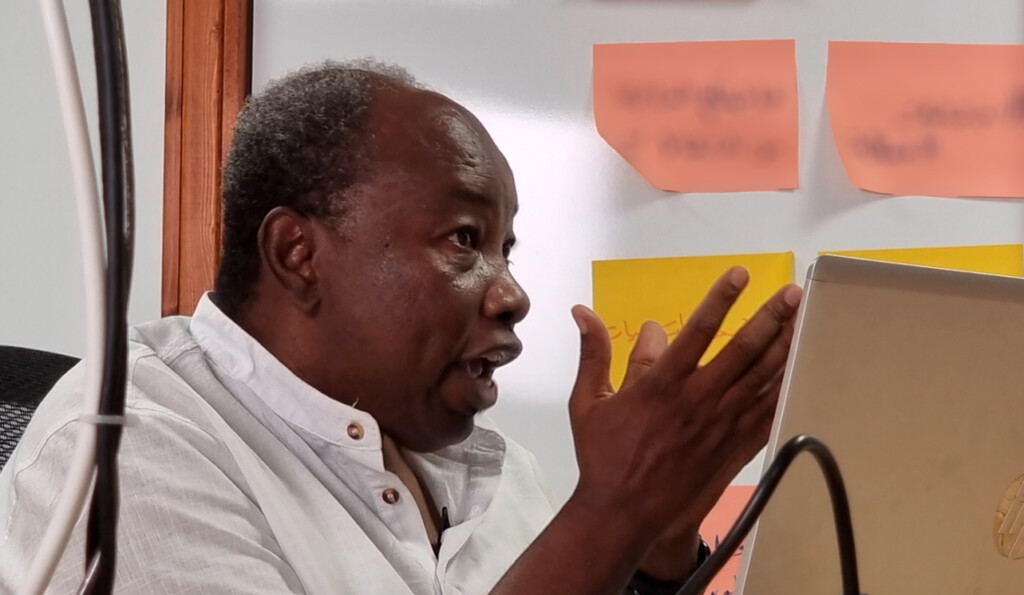
Kamal Elsadig is a veteran Sudanese journalist, Editor in Chief of Radio Dabanga, and chair of the Sudan Media Forum, an alliance of independent Sudanese press and media organisations.
#CtrlAltMute #UNESCO #EndImpunity







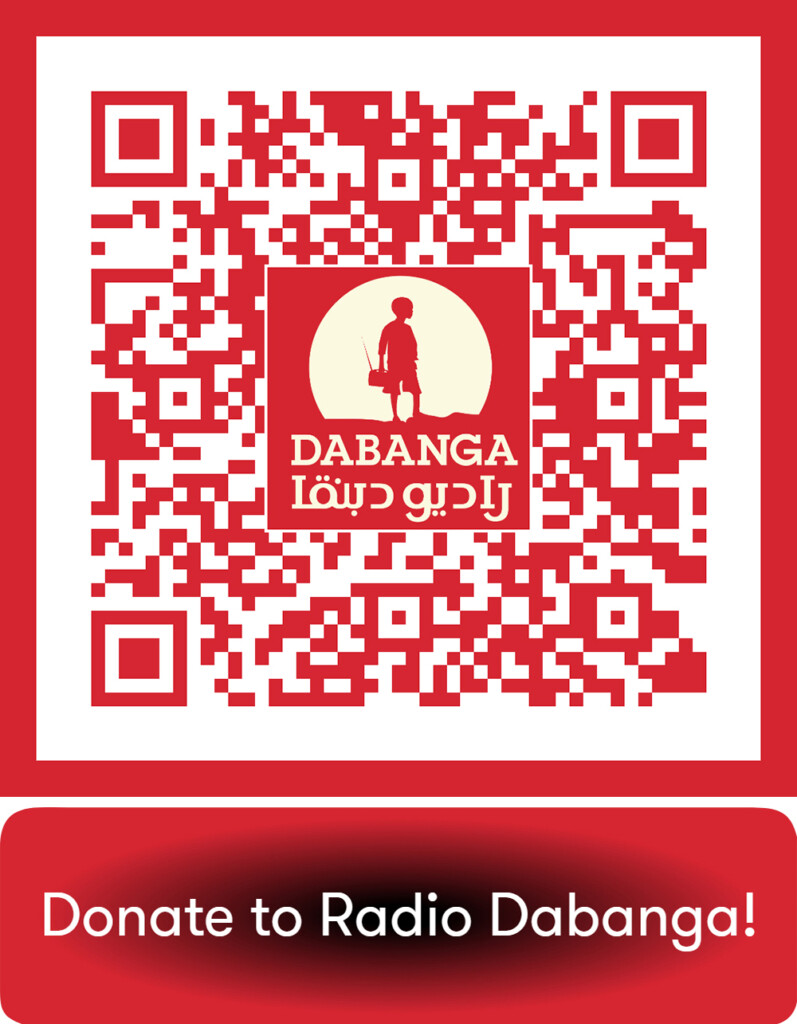


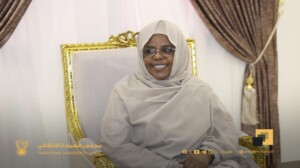

 and then
and then